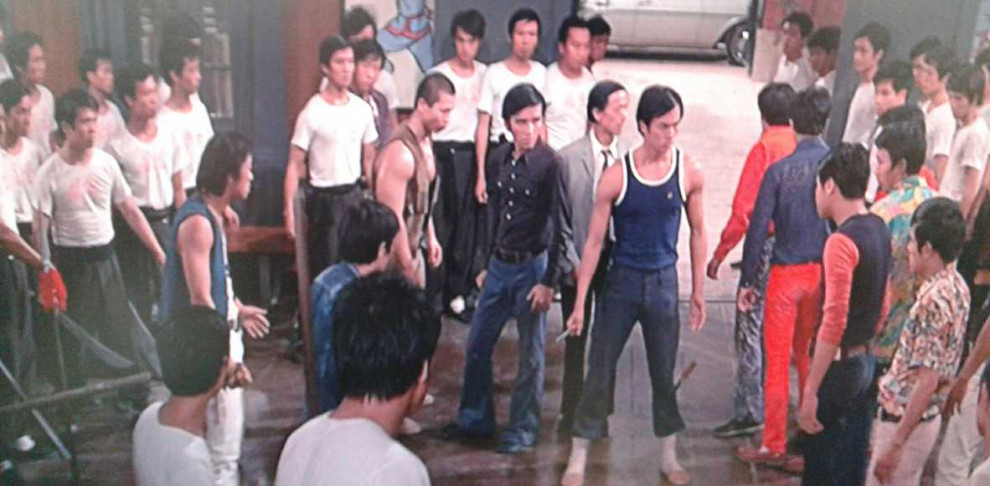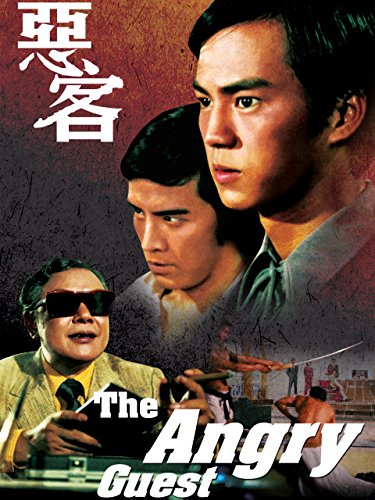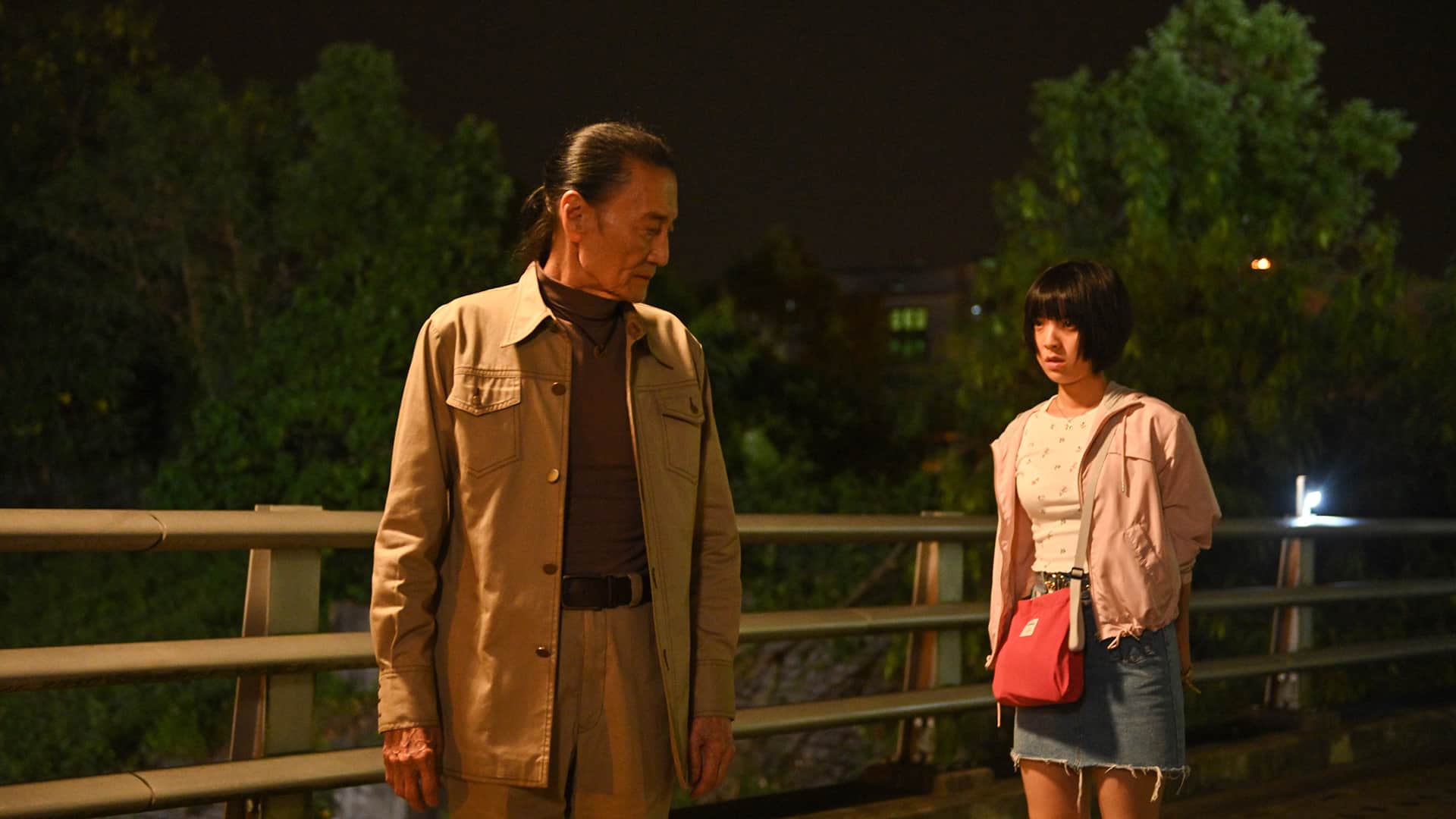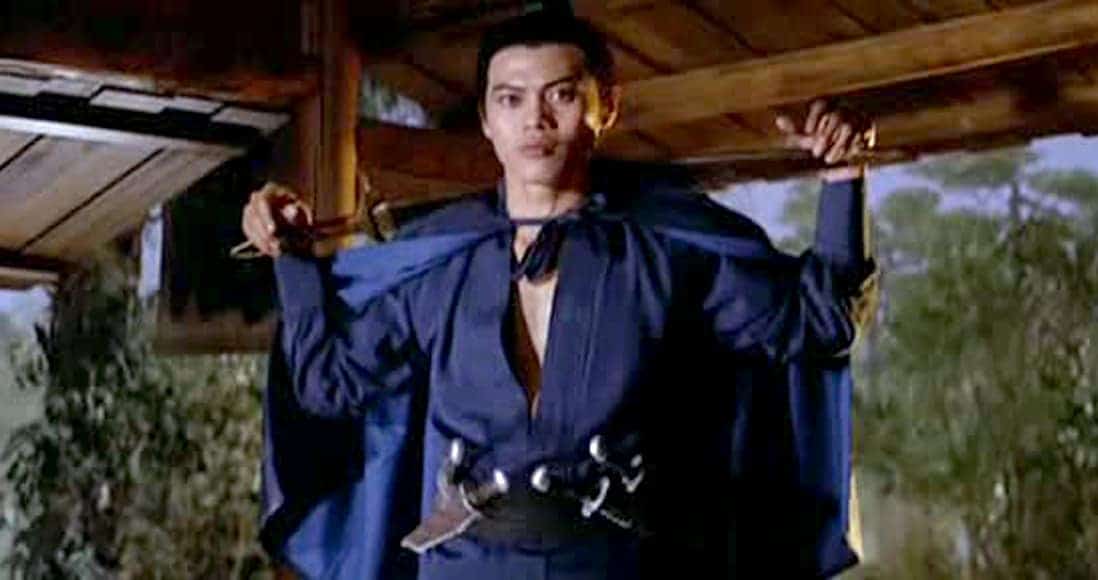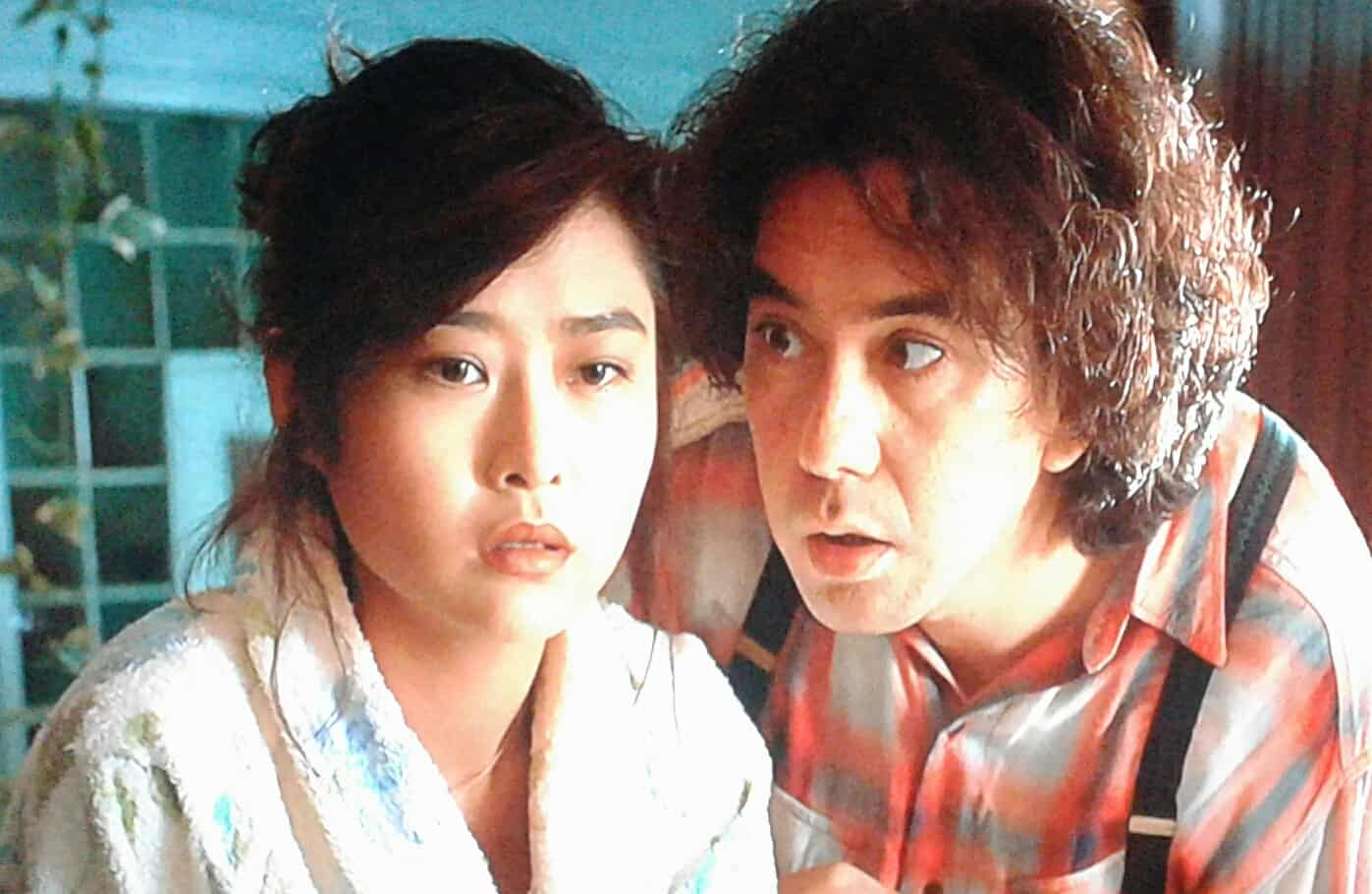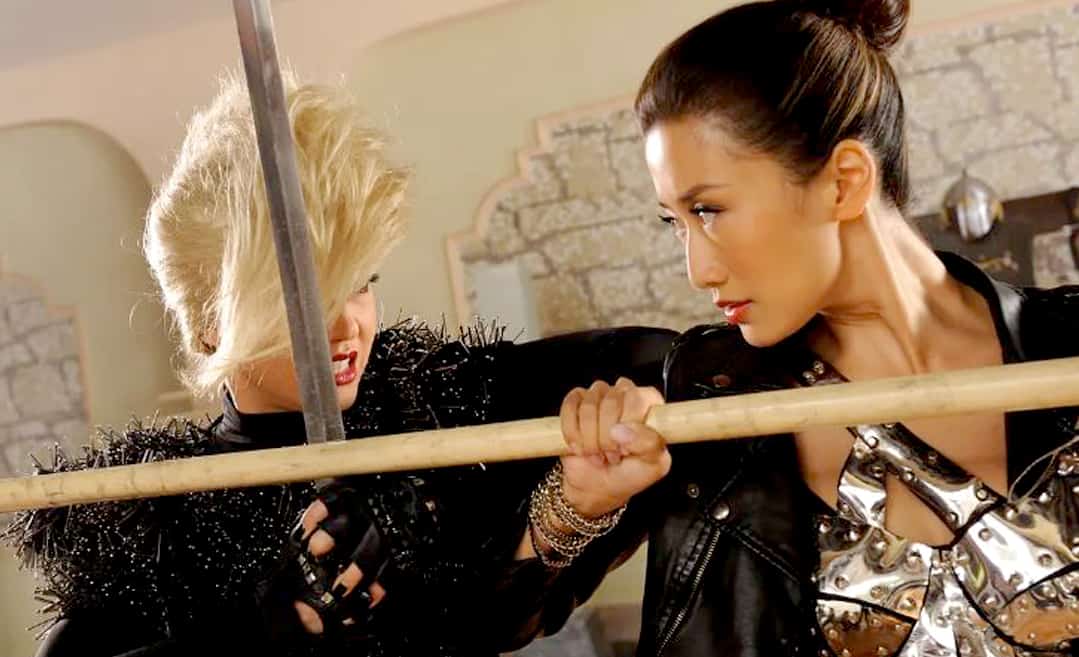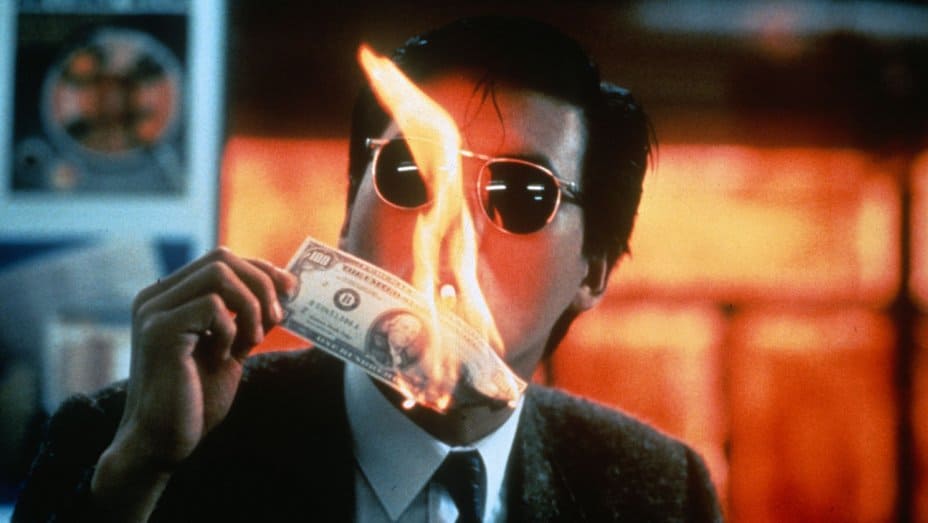There is a certain irony in how modern day productions can date faster than those set in an earlier period. Fashions and styles change like the seasons so that which was once deemed the height of sophistication looks quaint in retrospect. “The Angry Guest” (A title that does sound like a reality TV show) is a classic example. With shirts so loud you practically need to wear sunglasses, it is very much a product of its time. Whilst time may have dated its style, the question is, does it still entertain?
Watch This Title
The sequel to “Duel of Fists” opens with a prologue catching up with the events of the first film. After the villain of the original escapes, Wen Lieh (Ti Lung) and Fang Ko (David Chiang) find themselves involved in a conflict with a Japanese criminal outfit that seek to recruit their talents. After rescuing Wen Lieh's girlfriend Hu Yu-lan (Li Ching), the Japanese send Katsu (Yasuaki Kurata) and a team of men to Hong Kong to have them silenced.
Action movies are not renown for sophisticated, overlapping story arcs and this is no exception. The wafer thin narrative is seen in the number of extended travelogue exterior shots that seem put in to pad out the running time. It's not enough to just have a shot of the airport, we see characters get in the taxi, drive around, get out the taxi etc. The effect is to kill the pace of the story dead in its tracks after a swift opening of 20 minutes. The opening scenes are pacy, punchy and effective. Afterwards it ebbs and flows meandering towards the inevitable confrontation. Applying logic doesn't work either. An architect allowing his workforce the day off due to an oncoming dust up with Japanese Yakuza is probably a great excuse for not coming into work, but his manager just accepts it because he's such a good architect!
Yasuaki Kurata has had one of the most interesting careers as an imported star in Hong Kong cinema and it charts the evolution of Japanese/Chinese relations in these productions. Here he is without any redeeming features whatsoever. By “Heroes of the East” and “Legend of a Fighter” he is still ostensibly the villain but more sympathetic. The arc concludes with ‘Fist of Legend” where his thoughtful tutor is the most practical and personable of the Japanese characters, marking a full turn from its original “Fist of Fury”. Surprisingly, despite his build up (and getting his own intro in the opening credits), his final is a let down. Whether due to intention or a sneaking nationalistic element, he gets very little offence and made to look completely inferior to his opponents. A show down in the school also gives us the sight of a funky looking Bolo Yeung (complete with shades). Overall the action is decent if a bit functional.
David Chiang and Ti Lung could play these roles in their sleep and do appear to sleep walk through the production in parts that offer nothing to make them stand out. My usual criticism of Chang Cheh movies is sadly on display again, though in the character of Akiko. Initially she is set up as a strong character, standing up to Katsu and having empathy for Hu Yu-lan. By the end of the movie she has been raped and marginalised, existing only as a potential love interest of Fang Ko. The rape scene is particularly distasteful, clearly shot like a love scene despite Akiko's lack of consent. Now to be fair, it is not just Chang Cheh who is guilty of this, as other directors would show similar exploitative elements, but it keeps recurring and this is a particularly bad case.
As ever with Shaw Brothers features, studio sets are evident. In period productions this is less of an issue as the artificial look adds to a certain visual aesthetic. In a “modern ” setting, it becomes more noticeable and also distracting as it doesn't match up with the exteriors. It makes the overall look of the film feel cheaper and less polished.
Warching “The Angry Guest”, you get the feeling that this was not a project that the main participants cared for particularly. The main cast drift through their roles and its only the absurd finale featuring bulldozers that any life seems to be injected into it. It's Chang Cheh by numbers both good and bad. If released today, I would say avoid due to dodgy sexual politics, dull narrative, bored direction and lifeless performances. Watch as a time capsule if you must but don't say you weren't warned!


